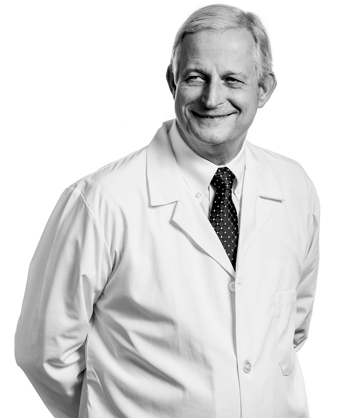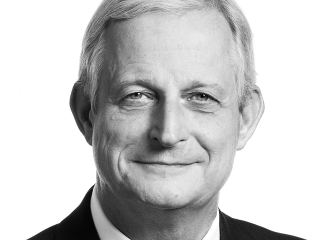Primary Image

Vestibular Disorders
The most common vestibular disorders are Benign Paroxysmal Positional Vertigo (BPPV), and Vestibular Neuritis and Labyrinthitis. Symptoms may include dizziness, vertigo, imbalance or instability, nausea, changes in hearing, anxiety, fatigue and difficulty concentrating.
How We Heal
Vestibular Rehabilitation Therapy (VRT) includes gaze stabilization, balance retraining and canal repositioning. We bring together experts with access to the best research and technology to provide you with the best results.
Inner ear disturbances cause chaos in sending signals to the brain. We treat the source and symptoms.
Science-Driven Care
With hundreds of clinical studies under way, we offer you access to the world’s most advanced therapeutic techniques and research that can directly impact your outcome.Computerized Motion Analysis Laboratory
This lab offers this sophisticated gait assessment through the use of specialized cameras, computer technology captures and measures muscle activity.
view lab
